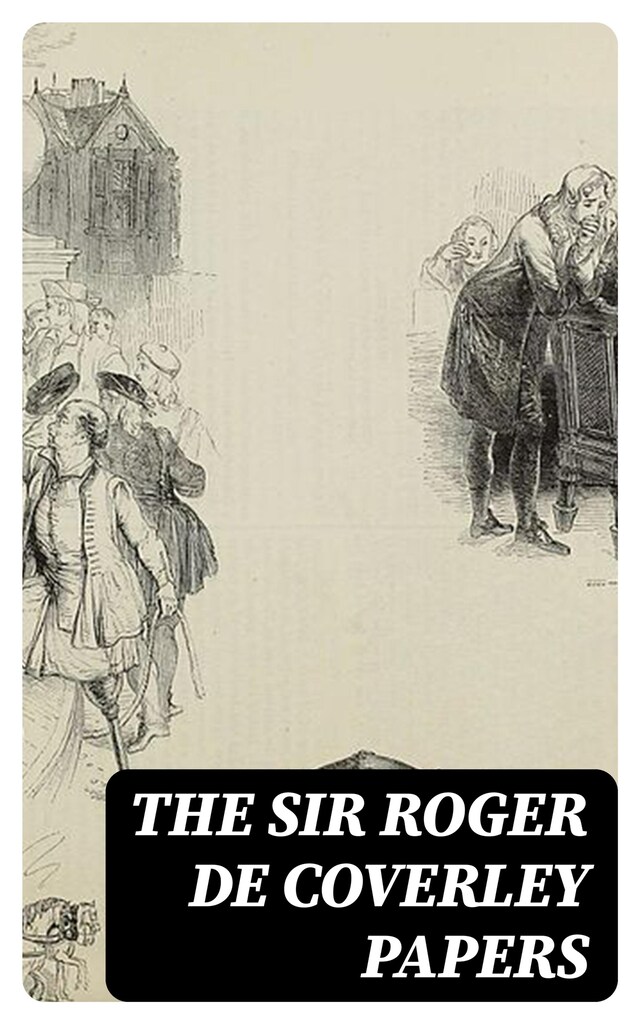
The Sir Roger de Coverley Papers
Description of book
The Sir Roger de Coverley Papers, a seminal collection that encapsulates early 18th-century English society, stands out for its unified exploration of social, political, and cultural themes through the lens of varied literary styles. This anthology, comprised of essays first appearing in 'The Spectator', navigates the intricacies of England's burgeoning modernity with humor, critique, and poignant observation. The collection is cherished for its innovative narrative form that marries journalism with fiction, offering readers a vivid tableau of contemporary life while fostering a reflective dialogue on morality and human behavior. It is in the idiosyncratic characterization and the nuanced, often satirical portrayal of the titular Sir Roger and his world where the collection's enduring charm and significance lie. The contributors—Joseph Addison, Sir Richard Steele, and Eustace Budgell—were pivotal figures in the development of periodical literature in the early 1700s. Their collective genius in employing the essay form to mirror and mould public opinion marked a significant evolution in the English literary landscape, aligning with the rise of the Enlightenment. This collaboration not only underscores a critical historical moment of socio-political transition but also reflects a sophisticated interplay of voices and perspectives that enrich the thematic fabric of the collection, making it a pivotal point of reference for scholars studying the period. This anthology is recommended for those interested in the confluence of historical narrative, literary innovation, and cultural critique. The Sir Roger de Coverley Papers offers a unique opportunity to engage with the early 18th-century English consciousness, presenting a collective yet intricate portrait of society through a blend of humor, moral reflection, and social commentary. For students, scholars, and anyone intrigued by the period, this collection serves as a pivotal exploration of the era's zeitgeist, providing invaluable insights into the complexities of early modern English society and the literary movements that shaped its evolution.

